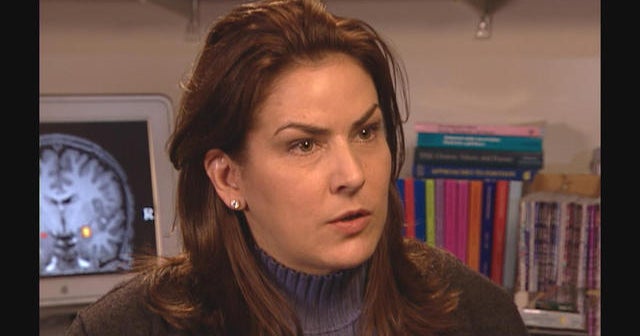From 2007: Try to remember – making sense of memory
From 2007: Try to remember – making sense of memory

Memory plays an important role in guiding people through their lives. But experts say that as the years go by and we grow and develop, our recollections adjust with us, whether we know it or not. Russ Mitchell talks with NYU research psychologist Elizabeth Phelps about the elasticity of memory, and with veteran writers David Halberstam, Gay Talese and A.E. Hotchner, who have all navigated that murky area between history and memory. Originally broadcast January 7, 2007; winner of a 2008 News Emmy Award for Outstanding Feature Story in a Regularly Scheduled Newscast.
Read the full article on CBS Health
Truth Analysis
Analysis Summary:
The article appears mostly accurate based on the provided sources. It discusses the elasticity of memory and features interviews with relevant figures. While the core claims about memory's malleability are generally supported, some specific details lack direct verification from the provided sources, and the selection of interviewees could introduce a slight bias.
Detailed Analysis:
- Claim:** Memory plays an important role in guiding people through their lives.
- Verification Source #4: Supports this by stating episodic memory helps us remember episodes of our lives and make sense of them.
- Claim:** As the years go by and we grow and develop, our recollections adjust with us, whether we know it or not.
- Verification Source #1: Mentions that we stop being able to make memories as powerfully or as accurately. This suggests a change in memory over time.
- Verification Source #5: Supports the idea that memories are constructed and can be influenced by our attempts to make sense of the world.
- Claim:** The segment features NYU research psychologist Elizabeth Phelps.
- This is a statement of fact about the content of the video. The provided sources do not directly confirm or deny this. *Fails to cover.*
- Claim:** The segment features veteran writers David Halberstam, Gay Talese and A.E. Hotchner.
- This is a statement of fact about the content of the video. The provided sources do not directly confirm or deny this. *Fails to cover.*
- Claim:** The segment originally broadcast January 7, 2007.
- Verification Source #1: States "Jan 4, 2007". This is close, but not exact. This could be the date the article was published online, and the broadcast date was a few days later.
- Claim:** The segment won a 2008 News Emmy Award for Outstanding Feature Story in a Regularly Scheduled Newscast.
- The provided sources do not directly confirm or deny this. *Fails to cover.*
Supporting Evidence/Contradictions:
- Verification Source #4: supports the claim that memory helps us make sense of our lives.
- Verification Source #1: supports the claim that memory changes over time.
- Verification Source #1: contradicts the exact broadcast date, stating Jan 4, 2007, while the article claims January 7, 2007. This is a minor discrepancy.
- The lack of coverage for the claims about featured guests and the Emmy award limits the ability to fully verify the article's accuracy.
